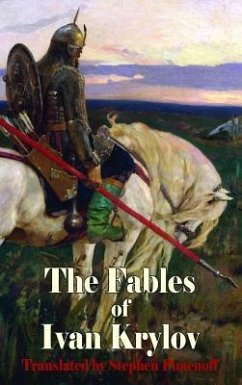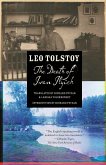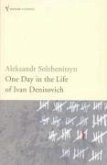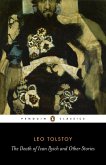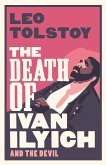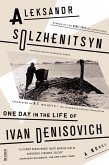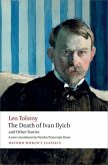Ivan Krylov has been loved by Russian people for two hundred years for his Fables, works in which he gently satirizes the manifold weaknesses and failings of human beings, especially figures of authority, while at the same time praising and holding up for emulation the qualities in ordinary people of selflessness, industry, loyalty, love, friendship, perseverance...e ]Solid, earthy common sense and a long acquaintance with the ways of the world lie at the root of Krylov's observations. Some of the Fables are no more than humorous glimpses of life and human nature, or snapshots of the bizarre preoccupations of fantasists, eccentrics, idealists and dreamers. Others offer wry, sardonic glimpses of life, and human relationships and behaviour. Yet others offer wise advice on the conduct of life, or are "cautionary tales" warnings about the consequences of ill-considered behaviour.
Hinweis: Dieser Artikel kann nur an eine deutsche Lieferadresse ausgeliefert werden.
Hinweis: Dieser Artikel kann nur an eine deutsche Lieferadresse ausgeliefert werden.

